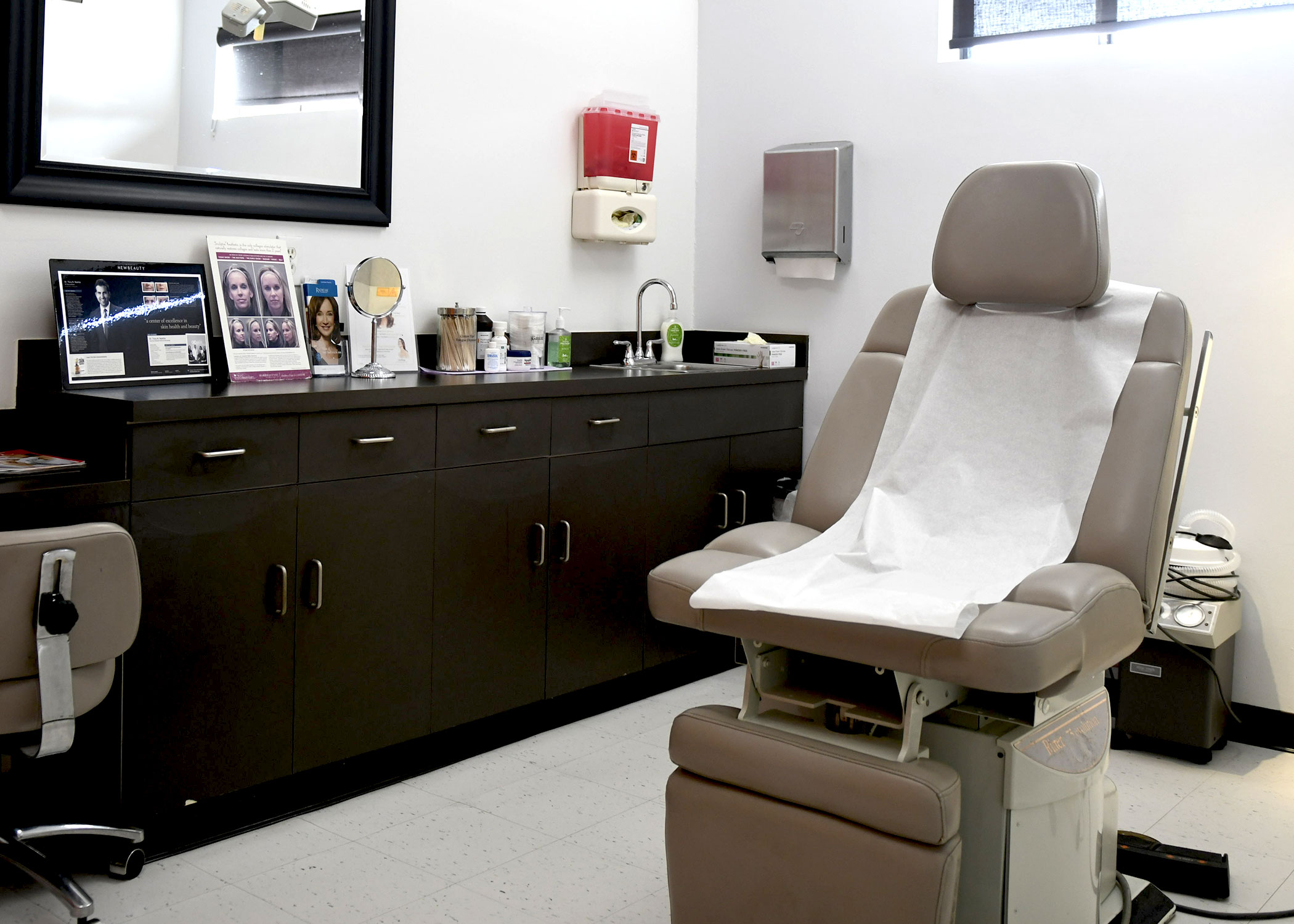Rosacea is a chronic skin condition that is commonly known to produce flushing of the face. However, this disease goes well beyond just redness. Left untreated, rosacea can become worse. Medical treatment can reduce symptoms and help patients feel better.
Symptoms of Rosacea
The most common symptom of rosacea is redness of the skin, typically the cheeks and nose. This may spread to the rest of the face, the scalp, and even the chest and back. There are four subtypes of this disease, marked by additional symptoms:
Erythematotelangiectatic Rosacea
Apparent with flushing of the skin and possible visible blood vessels.
Papulopustular Rosacea
Characterized by the addition of red bumps and pimples that may itch or burn.
Phymatous Rosacea
May result in bumpiness and thickening of the skin, especially of the nose.
Ocular Rosacea
Manifests in red and irritated eyes and swollen eyelids and excessive tearing, itching and/or burning.
Causes May be Genetic
Doctors are not sure what causes this condition of the skin. It appears to run in families, showing a genetic component. Those with fair complexions and a tendency to blush frequently are more likely to be affected. Women seem to be more at risk, while men may have more serious symptoms. Heat from external sources or exercise may trigger a flare-up, as can stress, spicy foods and alcohol.
Additional Effects Beyond Facial Redness
This condition of the skin can affect an individual's quality of life. Loss in self-esteem can affect work, home and social aspects of life. Many patients report feeling embarrassed and frustrated over the disease. Excessive worry can lead to anxiety and depression. Left untreated, rosacea can become worse with potential permanent effects such as thickened skin, bumps and even loss of vision.
Diagnosis and Treatment
Dr. Nakhla has extensive experience in dermatology and can diagnose rosacea during an appointment. While there is no cure, treatments can include oral medications and topical skin treatment to reduce symptoms. Lasers, such as Intense Pulsed Light (IPL), may also be recommended. Maintain a gentle daily skin care routine, wear sunscreen, and avoid known triggers.


